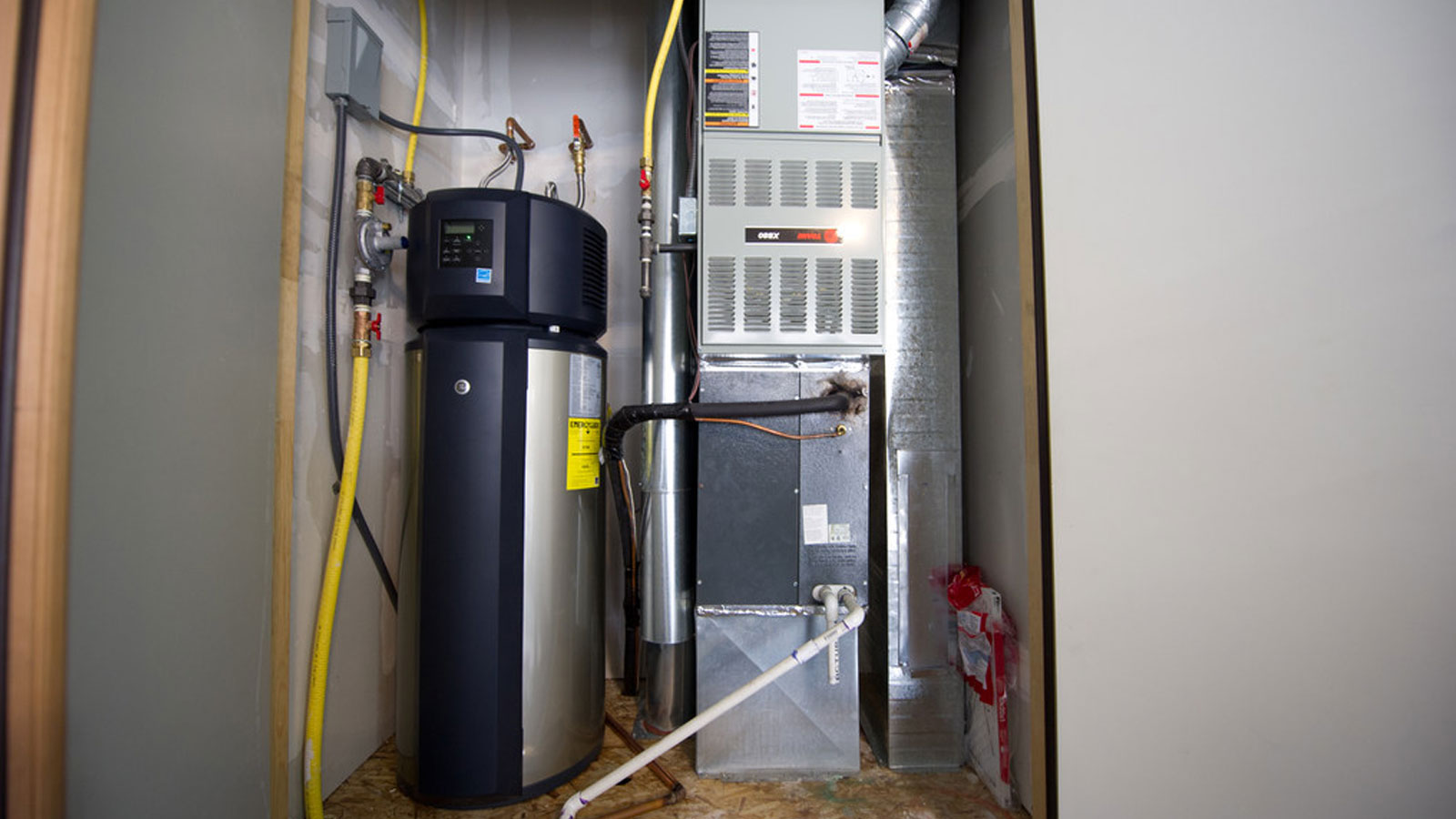Making your home more energy-efficient can reduce carbon pollution and lower your utility bills. But adding insulation to your home or installing a new hot water heater can be a big up-front investment.
Todd Parker is with Michigan Saves, a nonprofit green bank. He says many low-income people are eligible for federal weatherization assistance, and wealthier people can get loans.
“But there’s that gap,” he says, “where customers make too much for free services, but they still can’t qualify for traditional financing.”
To cover that gap, Michigan Saves recently piloted a program with DTE, a utility in Detroit.
It provided more than 100 customers with low-interest loans and rebates for energy-saving improvements.
To be eligible, homeowners simply had to have income between 200-300% of the federal poverty level and prove that they were not in shut-off status with the utility.
“And because of that, we got folks that maybe had bad credit or would never be able to walk into a bank or credit union and get financing. But yet through our program, they could get these critical improvements that they needed for their house. It was a program that was very meaningful to a lot of the participants,” Parker says. “So it was a great program that we would love to expand to other areas throughout the state.”
Reporting credit: ChavoBart Digital Media


